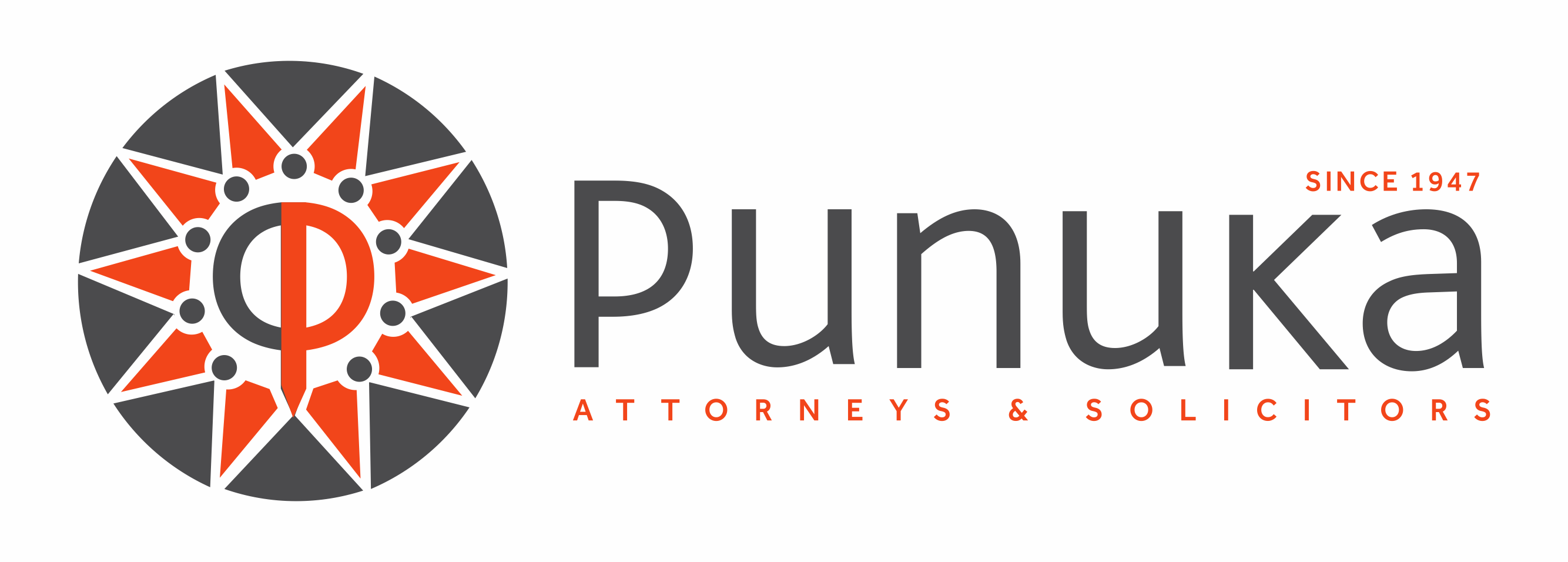Single Director and Single Shareholder Companies in Nigeria
By Sharon Juwah
The Companies and Allied Matters Act (CAMA) 2020 is the primary legislation for the formation of business entities [and non-business entities] and to a great extent, the operations of these business entities in Nigeria. In a bid to promote ease of doing business and to accommodate new realities, section 18 of CAMA now empowers one person to be the sole promoter and incorporate a company as opposed to the previous requirement for a minimum of two persons or shareholder. This has the effect of simplifying and encouraging solopreneurship and promoting a more inclusive business environment, for people with a business idea, who dare to dream by simplifying the process and registration requirements. Please note that a combined reading of CAMA and the Companies Regulations 2021, Only small companies may appoint only one director. Every company that is not a small company, and every public companies must appoint at least two directors.
Interestingly, the rules on capacity of individuals to form a company remain. Thus, while Section 18 grants the right to form a company, Section 20 outlines the capacity requirements for the individual taking this step being that they must be at least 18 years old and of sound mind, or be an undischarged bankrupt (section 279) or any person disqualified under sections 283 of the act from being a director of a company: a person that has been convicted by a high court in any offence in connection with the promotion, formation or management of a company, etc.
The new provision for sole directorship does not necessarily do away with the Company’s statutory obligations. For instance, consider Annual General Meetings (AGM) pursuant to section 237 of CAMA. The AGM serves as a platform for shareholders to: Review the company’s financial performance through reports presented by the directors; Vote on resolutions concerning the company’s direction and future plans; Elect or re-elect directors and auditors. Failure to hold an AGM can lead to penalties and potential legal action. Generally, every company shall in each year, hold a general meeting as its annual general meeting in addition to any other meeting in that year and specify the meeting as such in the notices calling it. However, small companies and companies having a single shareholder are exempted.
Next, consider Annual Returns. While holding Annual General Meetings is not mandatory for single director companies, these companies must file their annual returns, pursuant to Section 417 of the Act. Section 18 shows that the annual return typically includes details on: Changes in share capital; Company’s registered address; Details of directors, shareholders, and company secretary; and a statement of the company’s affairs (including assets and liabilities). Companies need to annex a written copy of financial accounts, and reports of the auditors pursuant to section 422(1). Filing annual returns keeps the CAC updated on the company’s status and demonstrates compliance with regulations. Neglecting to file can result in penalties (including penalties against every director or officer of the company) pursuant to section 425(1); and potential deregistration of the company pursuant to section 425(3) if the Company fails to file annual returns for a consecutive period of 10 years. Notably, the Commission recently carried out a delisting exercise of companies that failed to file their annual returns for an extended period of time.
Section 421 provides that annual returns need to be filed with the CAC within 42 days of the company’s AGM. This prompts the question as to what is the timeline for filing for single director companies and are they truly required to file annual returns? Section 421(2) offers an answer to the first question as it stipulates that the 42-day timeline does not apply to companies with only one member.
As to the section question, Section 417 has a provision to wit:
Every company shall, once at least in every year, make and deliver to the Commission an annual return in the form, and containing the matters specified in sections 418, 419 or 420 as may be applicable.
Provided that a company need not make a return under this section either in the year of its incorporation or, if it is not required by section 237 to hold an annual general meeting during the following year, in that year.
From the foregoing, it is unclear as to whether this provision negates the obligation to file annual returns or whether it is the matters/modalities that do not apply to single member companies.
These companies are also expected to timeously file their tax returns with the relevant tax authorities pursuant to section 9 of the Companies Income Tax Act. The specific taxes a company needs to pay will depend on its nature and activities. Some common taxes include: Company Income Tax (CIT), Value Added Tax (VAT), Withholding Tax (WHT). Tax return filing deadlines are set by the FIRS and can vary depending on the specific tax type.
In conclusion, the amendments introduced by the CAMA 2020 represent a positive step towards fostering a more accessible business environment, particularly for aspiring solopreneurs. With the ability to form a company as a sole individual, aspiring entrepreneurs have greater autonomy and flexibility. However, it is imperative for these individuals and companies to remain vigilant regarding their statutory obligations, including the filing of Annual Returns and adherence to tax requirements. While the flexibility provided by the legislation is commendable, it is essential for businesses, regardless of size or structure, to prioritize compliance to ensure their longevity and legitimacy in the evolving business landscape of Nigeria.













